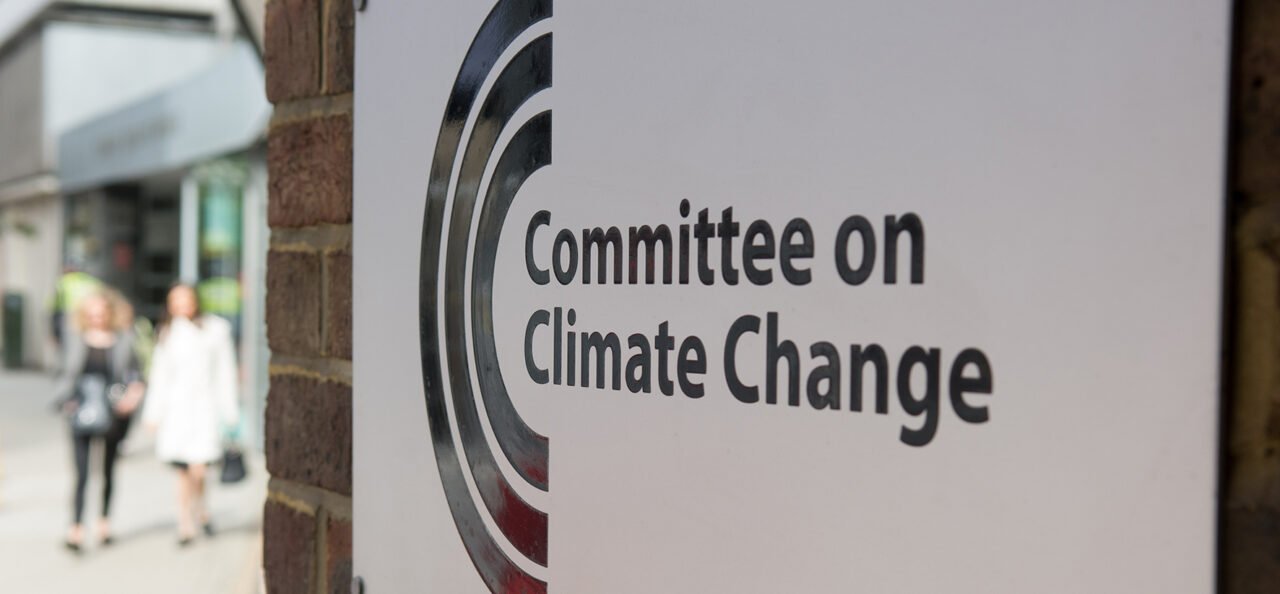A recent report from the UK government’s advisory body on climate change has revealed that Britain is critically unprepared for the unavoidable impacts of rising global temperatures. The Committee on Climate Change (CCC), tasked with reviewing the country’s climate adaptation strategies, concluded that the government has failed to meet any of its adaptation targets. This report, published in early 2023, sheds light on the lack of action from the UK government, particularly in addressing key vulnerabilities across various sectors, which leaves the country increasingly exposed to the risks posed by climate change.

Despite numerous warnings and well-established scientific consensus regarding the impacts of climate change, the UK government has been slow to act. In 2022, the country experienced its hottest year on record, with temperatures exceeding 40°C for the first time in history. Prolonged droughts, more than 25,000 wildfires, and critical infrastructure failures, such as buckled railways and melting roads, were stark indicators of the challenges that lie ahead. However, the government’s inaction in preparing for these predictable consequences has only exacerbated the risks.
The CCC’s review, which examined adaptation strategies across 13 sectors of the economy, found that only five of the 45 policy areas assessed had a credible strategy in place, and none were making significant progress in improving resilience. The report highlights several major concerns: millions of UK homes are vulnerable to overheating, the food supply is at risk from climate-related disruptions both domestically and globally, and the country’s internet infrastructure is not adequately protected from extreme weather conditions. These weaknesses, well known to the government, have yet to be addressed in any meaningful way.
One of the central issues driving this failure is the capitalist system’s prioritization of profit over public welfare. The capitalists who control the levers of power are focused on short-term financial gains, rather than the long-term needs of society. This fundamental contradiction is at the heart of the UK’s unpreparedness for climate change. The ruling class, unwilling to invest in large-scale public infrastructure improvements that could mitigate the effects of climate change, continues to rely on a system that privileges private profit over collective action.
The vulnerabilities exposed by the CCC report also reflect the broader crisis of British capitalism. Decades of underinvestment in infrastructure, coupled with widespread privatization, have left the UK particularly ill-equipped to handle major disruptions. The country’s fragile recovery from the COVID-19 pandemic has only further highlighted the economic challenges that exacerbate its vulnerability to climate change.
The technology and expertise required to adapt to climate change already exist. However, the austerity policies favored by successive governments have stymied the large-scale public investments necessary to build climate-resilient infrastructure. Instead, the working class and the poor bear the brunt of the impacts, as they are left to contend with rising costs, deteriorating living conditions, and an increasingly uncertain future. While wealthier households can afford air conditioning and other solutions to manage the effects of extreme weather, the majority of people are forced to make impossible choices, such as between cooling their homes during heatwaves or covering basic living expenses.
This inequality is further magnified when considering the global context. While the UK, as an advanced capitalist country, struggles to prepare for the challenges ahead, nations in the Global South, already suffering from the legacies of imperialism, have even fewer resources with which to confront the effects of climate change. These disparities are emblematic of the wider limitations of capitalism, which is incapable of addressing a global crisis that demands coordinated, collective action.
The CCC report underscores the need for systemic change in order to avert a looming climate catastrophe. To truly address the challenges posed by climate change, a radical departure from the capitalist framework is required. Only a socialist economic system, based on democratic control of key industries and the redistribution of wealth, can mobilize the resources needed to implement the large-scale infrastructure improvements necessary to protect society from the worst impacts of climate change.

This would involve a comprehensive plan to invest in energy-efficient, climate-resilient housing, public transport, and renewable energy technologies. The money to fund such initiatives exists but is concentrated in the hands of billionaires and corporations who have profited from environmental destruction. A socialist approach would expropriate these resources and redirect them toward the public good, ensuring that the working class, which produces society’s wealth, has a say in how that wealth is allocated.
In conclusion, the CCC’s findings highlight the urgent need for a fundamental transformation of the UK’s approach to climate adaptation. The capitalist system’s inability to prioritize long-term societal resilience over short-term profits has left the country dangerously unprepared for the challenges ahead. Only through a socialist reorganization of the economy, which places the needs of people and the planet above profit, can the UK and the wider world hope to confront the climate crisis and build a sustainable future for all.

